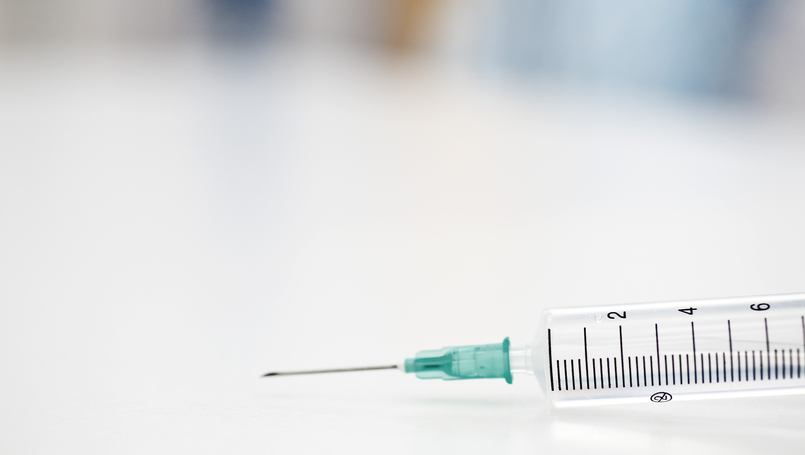
The flu is most common during the fall and winter months, beginning in October and ending as late as May, with peak activity during December and February.
Influenza, or flu, is a highly contagious respiratory illness that affects millions of people worldwide. The severity of the flu can range from mild to critical, and can even lead to hospitalization.
According to the Centers for Disease Control and Prevention, people with diabetes are three times more likely to be hospitalized due to flu complications. This is because diabetes can make it more difficult for your immune system to fight off illness. Diabetes also makes you more susceptible to complications such as pneumonia, bronchitis, sinus infections and ear infections.
However, you don’t have to resign yourself to getting the flu. Getting a flu shot is the single best way to prevent getting the flu. The CDC recommends that everyone aged 6 months and older gets vaccinated against the flu, including those with diabetes. Vaccines are safe and use dead influenza virus to build your immune system. The vaccination can take a few weeks to be fully effective, so it’s important to get it before flu season is in full swing - typically by the end of October.
The CDC also recommends having a pneumococcal vaccination as part of your diabetes management plan. The pneumococcal vaccination protects you against pneumonia, which is a complication of influenza.
Protect yourself further by practicing good hand hygiene every day - wash your hands before meals and after sneezing and coughing. Avoid spreading germs by not touching your mouth, nose and eyes as well as use a tissue when you sneeze or cough. Prevention is key when the flu is involved.
But if you think you have the flu, stay home and make an appointment with your doctor right away. There are antiviral medications your physician can prescribe that will shorten your illness and help with the severity. The medication can even help prevent you from getting sick if you’ve been exposed to someone with influenza.
Laid-up and without an appetite? Be sure to stick to your sick-day guidelines and test your sugar levels regularly. Sometimes, illness can make your blood sugar go up. However, on those days when you just don’t feel like eating, your blood sugar can go too low. Either way, it’s important to keep those levels in ideal range, so your body can focus on fighting the flu, not balancing blood sugar.
You can control your health and risk factors that go with influenza season. Getting vaccinated, maintaining your health and washing your hands are all ways you’re in the driver’s seat.
Talk with your health care provider now. It’s never too late to make a plan for controlling your diabetes, getting vaccinated and protecting yourself - and your loved ones.
